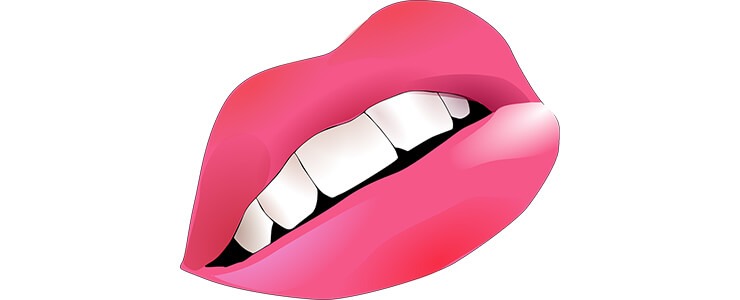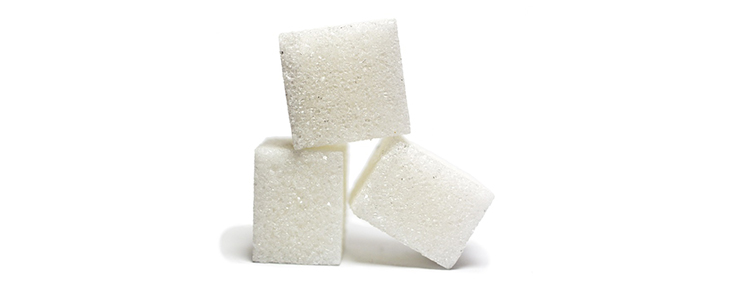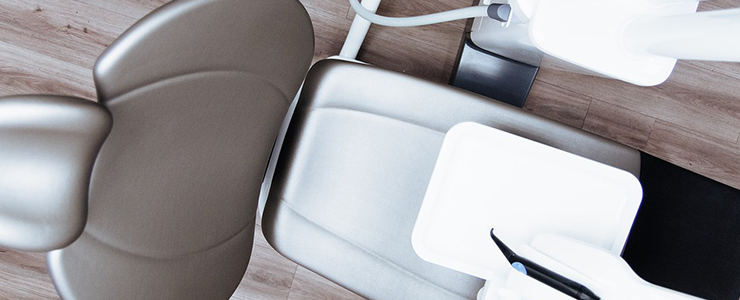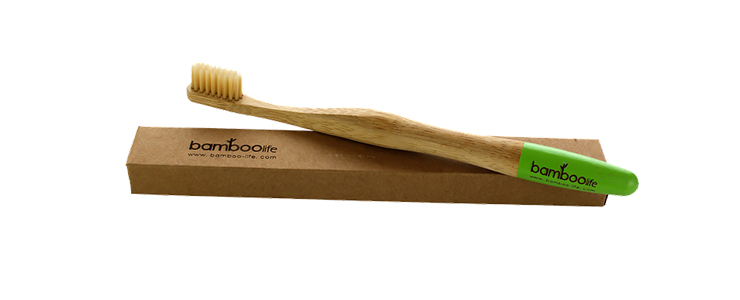Fear of visiting the dentist is more common than you might think and, with this in mind, a law firm recently decided to carry out some research to uncover just how many of us are nervous about visiting the dentist and what impact this could be having on our health.
The survey was undertaken amongst respondents aged 16 and above and over 2000 people took part. Of these, a huge four out of five in the UK indicated that they were fearful of visiting the dentist, and over a quarter (26%) who “admitted to cancelling or delaying dental appointments due to fear”.
The research also looked at where in the UK dental hygiene was the worst, and here are the worst-offending cities (ranked from top to bottom – with the top being the worst):
- Sheffield
- Brighton
- Manchester
- Bristol
- Cardiff
- London
- Norwich
- Leeds
- Belfast
It doesn’t surprise us to see Bristol featured in the list, as many of our patients have shared their concerns over the years. However, here at CK Dental we work hard to reassure our patients – and prospective patients – that visiting the dentist really isn’t so bad after all. Offering an environment whereby our patients feel comfortable and relaxed is something we take very seriously.
We pride ourselves in listing carefully to the needs, wants and concerns of our patients, offering reassurance when needed, advice, guidance and alternative solutions. We want our patients to leave feeling they have made the best decisions for their oral health, and also have been able to approach their dentistry in a way that has made them feel as calm and relaxed as possible.
Dental phobia treatment options
As a practice, we also offer ‘GA dentistry’, which means we are able to conduct some procedures while the patient is under general anaesthetic. This can be very reassuring for patients who are very nervous about having work done in their mouths, as it offers a much calmer environment for them.
We are ideally situated within the Nuffield Health Bristol Hospital, which means we are fortunate to be able to sedate patients with general anaesthetic on site. This, and our interest in the benefits this approach can offer, means we are proficient in this method and will explore its suitability for patients who are extremely anxious about treatment.
To find out more about our approach to dental phobia, call 0117 905 9866 to arrange an appointment.


















